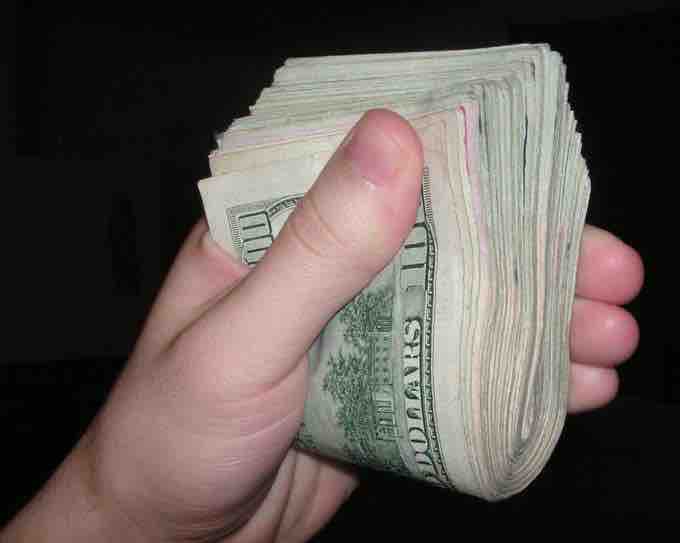Cash is the most liquid of all company assets. It is what a business generally uses to settle debts and acquire goods. Cash is generally any currency a business owns. Any currency the business has at its headquarters, branches, or in its bank accounts is included as part of its cash account on its financial statements .

Cash
A business's cash account is how much currency it has on hand at a given time.
Cash equivalents are also generally included with cash on a business's financial statements. They are securities that can easily and quickly be converted into cash. For an investment to be considered a "cash equivalent," it must mature within three months. A financial instrument's maturity occurs on a specific date. At that time, the person who owns the instrument receives whatever amount of money the instrument promised to pay in addition to any remaining interest payments.
For an instrument to be considered a cash equivalent, the risk of the investment losing its value must also be insignificant. While publicly traded stock could be easily sold and converted into cash, it would not be considered a cash equivalent because there is a risk that its value could decrease.
Cash can also be used as a reserve against unforeseen business problems, such as a momentary decrease in revenues or a downturn in financial markets. Many transactions involve cash, so it is arguably one of the most important factors in business. Since cash can also easily be stolen or mishandled, it is important to maintain a strict series of internal controls to ensure that these assets are not lost.